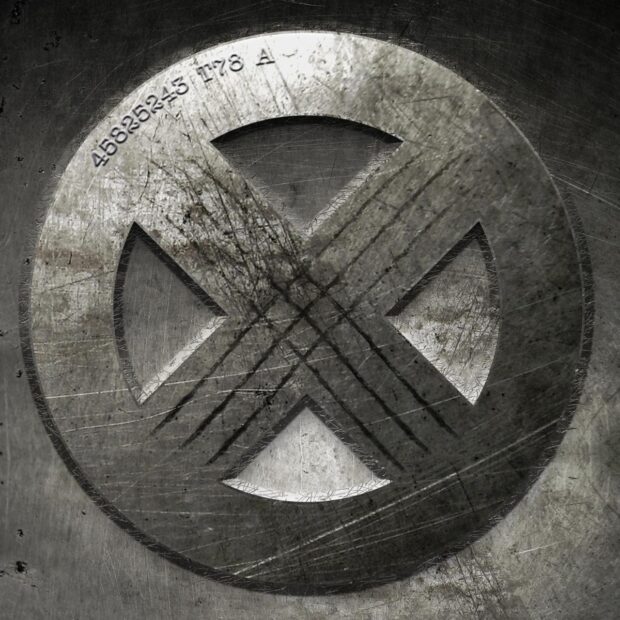A film that doesn’t burn all its bridges.
Oddball doesn’t get his name by accident. He’s the kind of tank commander who brings a record player into combat and peppers battlefield comms with motivational catchphrases like a proto-New Age TED talker. But he’s also the reason Kelly’s Heroes works as well as it does: a self-aware agent of chaos who strolls into a grim war movie and paints it in Pop Art mischief. By the time he’s breezily rolling his Sherman through a bombed-out French village, blasting “All For The Love Of Sunshine” from the speakers like he’s at a California beach rally, you realise director Brian G. Hutton isn’t just bending the war movie format – he’s flat-out robbing it.
At first glance, Kelly’s Heroes looks like it might be trying to sneak into the same club as The Dirty Dozen – grimy, jaded, and unafraid to show the unvarnished belly of WWII. After all, Clint Eastwood’s Kelly begins the film doing the kind of self-serving, barely-tolerated reconnaissance work that gets you court-martialled in more earnest company. But Hutton doesn’t stay on that path for long. Instead, he lobs in a heist movie, a buddy comedy, a parody of military bureaucracy, and just enough shootouts to keep the uniforms muddy. The result is a lopsided gem of tonal sleight-of-hand, a film that clambers through the wreckage of war to pinch Nazi gold and almost gets away with being both biting and breezy.
Eastwood – riding high off his Dollars trilogy swagger but not yet calcified into the granite iconography of later years – keeps Kelly enigmatic. He’s the eye of the storm: serious, motivated, calculating. But the film isn’t really about him. Donald Sutherland’s Oddball and Don Rickles’ supply-sergeant-turned-quartermaster Crapgame steal most of the scenes, dragging Kelly’s Heroes into a more absurdist, countercultural orbit. Their dialogue wouldn’t be out of place in a MAS*H tent or between stoner philosophers at a roadside diner. They don’t want to win the war; they want to win at life – preferably with stolen Nazi bullion and minimal paperwork.
It’s this tension – the film’s earnest war setting constantly being mugged by the anarchic joy of its own supporting cast – that keeps Kelly’s Heroes gleaming more than five decades on. Telly Savalas, all gruff charisma and simmering irritation as Big Joe, plays the de facto straight man to the increasingly Oddball platoon (capital O intended). Gavin MacLeod, Stuart Margolin, Harry Dean Stanton, and even a young John Landis show up in the margins, each adding texture to the comic-picaresque tone like war movie extras who stumbled onto the set of a rogue caper film and decided to roll with it.
It’s too self-aware to be accidental and too polished to be an outright parody. The deliberate incongruity – upbeat country music over tank assaults, soldiers quoting military procedure like Monty Python sketches – pokes fun at war’s bloated machinery without sneering at the people caught in its gears. If anything, Kelly’s Heroes is empathetic to a fault, finding humanity in every side-eye glance, every shared cigarette, every muttered complaint about the chain of command. The enemy isn’t the Germans; it’s inefficiency, incompetence, and the idea that risking your life for a pat on the back is somehow noble.
Lalo Schifrin’s score plays a subtler trick than the needle drops, channelling a mischievous, jazzy energy that sells the film’s tonal balancing act. But it’s Burning Bridges – with its deceptively syrupy, oddly haunting refrain – that sneaks in and does the thematic heavy lifting. It opens the film like a campfire confessional, closes it like a benediction, and hums throughout as a melancholy undercurrent. Mike Curb’s lyrics might initially sound like they belong in a more sentimental war story, but here they offer a sly counterpoint: the idea that even as Kelly and company trade duty for profit and comradeship for convenience, they’re torching the connections that once gave their chaos context. And the film is wise enough to make sure that the song is nowhere in sight when there is an actual burning bridge on screen.
By the time the final standoff in the town square riffs so blatantly on The Good, The Bad and The Ugly it might as well come with a Sergio Leone signature, you realise Kelly’s Heroes is winking at the entire idea of genre loyalty. War movies, westerns, heists – it’s all just set dressing for a shaggy-dog yarn about a bunch of misfits who looked at the blood-soaked bureaucracy of WWII and decided to rob it blind.
That it pulls this off without collapsing into cynicism is no small feat. It has no interest in glorifying war, but neither does it indulge in nihilism. It’s a film where tanks crush buildings, bullets fly, and people die – but where humour, mischief, and a whiff of counterculture rebellion keep things from curdling into bitterness. It’s rebellious without being reckless, silly without being stupid.
Kelly’s Heroes remains one of the most unlikely feel-good movies ever set in one of history’s least feel-good periods. It smuggles a screwball comedy into a war epic’s overcoat, flips the genre the bird, and skips off into the sunset with a stolen gold bar under each arm and Burning Bridges trailing in its wake like the war-weary conscience nobody wants to acknowledge but everyone quietly hears.








